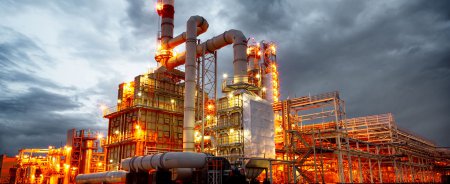
HD- FC422-DS
High Density Block,Shape Molding
Because of its small bead size FC422 is also used for contour mouldings with a wall thickness of less than
10 mm.Moulding with greater wall thicknesses permit short cooling periods.
Properly processed EPS foam packaging made from FC422 provides good mould filling properties and high
mechanical strength.
It is not hygroscopic and it does not become friable in low temperatures
Moulded EPS packaging parts have to act as shock absorbers and cushion their content against blows from
outside, i.e they have to absorb the energy released in an impact.
The mainly closed cell structure of moulded foam parts made from FC422 absorbs the impact stress as
"deformation work".
In this process the air enclosed in the cells is first compressed, while bigger impact forces may also deform
or crack the cell walls.
FC422 is shipped in octabins (height 176 cm) on wooden pallets (115cm x 115 cm), containing 1000 kg net of material.
The octabins are not weather- or water-proof and must therefore not be exposed to outdoor conditions. In order to obtain the desired properties of FC422, the raw material should be stored below 20 °C and be processed within 1 month.
Preexpansion:
With discontinuously operating, state-of-the-art preexpanders FC422 can be preex-panded to densities of approx.25 kg/m3. Lower densities can be achieved by double preexpansion or in optimized machines. FC422 has been treated with an antistatic agent to prevent a buildup of electro-static charge during transport.
Intermediate aging:
Intermediate aging should be between 10 and 48 hours.
FC422 can be processed in industry standard moulding machines within a relatively wide range of steaming settings. If a regenerative agent is added care has to be taken that the density of the regenerative agent equals the preexpansion density as closely as possible to prevent a segregation during production.
| PROPERTY | UNIT | TEST METHOD | TYPICAL VALUE |
| BEAD SIZE | MM | SUNPOR 7.2.5 (MIN 90% BY WT) | (0.5-0.7)(>90%wt) |
| K-VALUE | − | SUNPOR 7.2.4 | 55 |
| PENTANE CONTENT | WT% | SUNPOR 7.2.2 | >5% |
| EXPANDED DENSITY | KG/M3 | SUNPOR 7.2.6 | 20-30 |
| RESIDUAL MONOMER | PPM | SUNPOR 7.2.1 | 500 |
